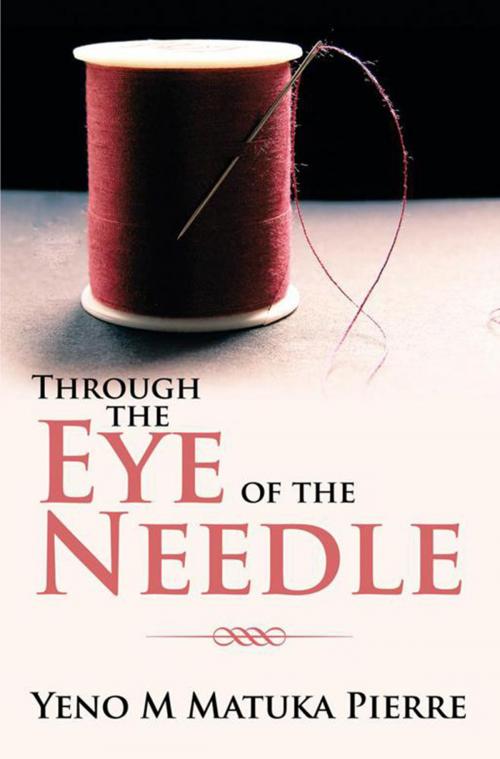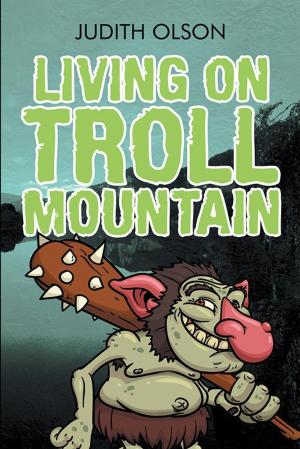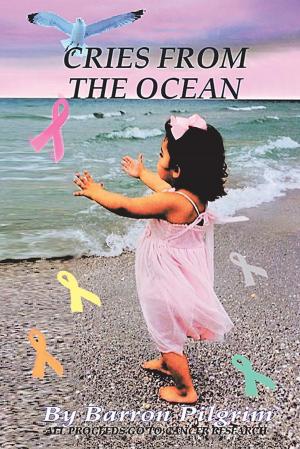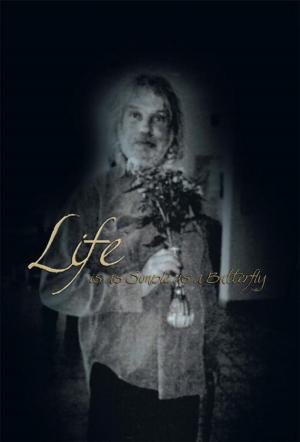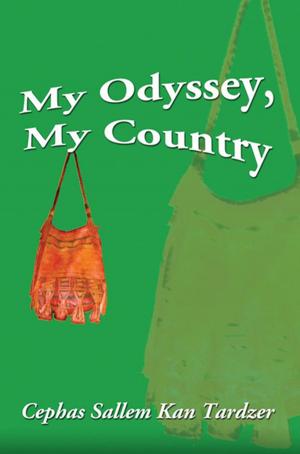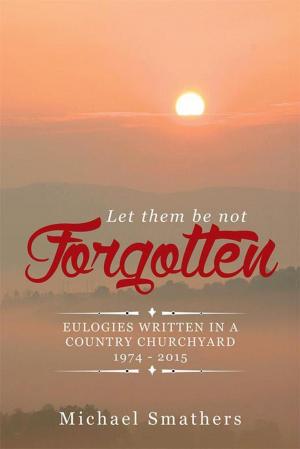| Author: | Yeno M Matuka Pierre | ISBN: | 9781483645216 |
| Publisher: | Xlibris US | Publication: | June 18, 2013 |
| Imprint: | Xlibris US | Language: | English |
| Author: | Yeno M Matuka Pierre |
| ISBN: | 9781483645216 |
| Publisher: | Xlibris US |
| Publication: | June 18, 2013 |
| Imprint: | Xlibris US |
| Language: | English |
The reader may ask, How did you get here or through? The tragic nature of the event on which this memoir sprang in 1951, the multiple relocations from my birth village to the second and third villages, the weeks and months spent in boarding schools in Bas-Congo from age five to twenty, while spending vacation days in villages and towns, all sharpened my sense of observation and reflection. Therefore, my brain got me here and through. Moreover, this book documents my life which, like a cotton thread made of tiny pieces of fiber, exceptionally passes through the eye of the needle. The nineteen chapters elaborate on and share certain reasons and ways of acting: walking on the sides of family members or kins who believed in conforming to and respecting ancestral and clanic traditions; working with teachers in Kikongo, my first language, French, my almost first language, and later, English, my third language, during pre- and post-Congolese independence; putting in ninety-five percent of academic perspiration and relying on five percent of inspiration; adapting to life circumstances, and last but not least, depending on Christian beliefs and sense of cooperation.
The reader may ask, How did you get here or through? The tragic nature of the event on which this memoir sprang in 1951, the multiple relocations from my birth village to the second and third villages, the weeks and months spent in boarding schools in Bas-Congo from age five to twenty, while spending vacation days in villages and towns, all sharpened my sense of observation and reflection. Therefore, my brain got me here and through. Moreover, this book documents my life which, like a cotton thread made of tiny pieces of fiber, exceptionally passes through the eye of the needle. The nineteen chapters elaborate on and share certain reasons and ways of acting: walking on the sides of family members or kins who believed in conforming to and respecting ancestral and clanic traditions; working with teachers in Kikongo, my first language, French, my almost first language, and later, English, my third language, during pre- and post-Congolese independence; putting in ninety-five percent of academic perspiration and relying on five percent of inspiration; adapting to life circumstances, and last but not least, depending on Christian beliefs and sense of cooperation.
